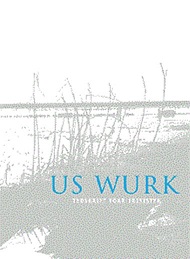Unstressed Vowels in Runic Frisian
Abstract
The unaccented syllables of Runic Frisian (sixth-ninth century) have been studied on several occasions (e.g. by Nielsen and Nedoma), but such studies have failed to offer a comprehensive analysis and reconstruction of the phonological system as a whole. Building upon the insights gained in earlier studies, all unstressed vowels are investigated here in a coherent treatment. The article analyses groups of words that may shed light on the development of various unstressed Proto-Germanic vowels in Runic Frisian, where individual interpretations can enhance the understanding of other items in the group. It is hypothesised that Runic Frisian had four unstressed vowels /i, æ, å, u/ just as the nearly contemporaneous Old Saxon and early Old English. However, Runic Frisian additionally possessed a /ə/ < Proto-Germanic *-a-, rendered as -u, e.g. in ka[m]bu ‘comb’ < Proto-Germanic *kambaz. This relatively late attestation of Proto-Germanic unstressed *-a- is supported by recent runic findings from Pre-Old High German. Together with the lacking apocope of ‑u < Proto-Germanic *-ō after heavy syllables, a revision of the chronological order of the Auslautgesetze will be required.

